OOIDA makes now-solo case in court that California’s AB5 should exempt trucking
OOIDA made its case before a three-judge panel of the 9th U.S. Circuit Court of Appeals as it fights alone against California’s AB5 applying to trucking. The post OOIDA makes now-solo case in court that California’s AB5 should exempt trucking appeared first on FreightWaves.
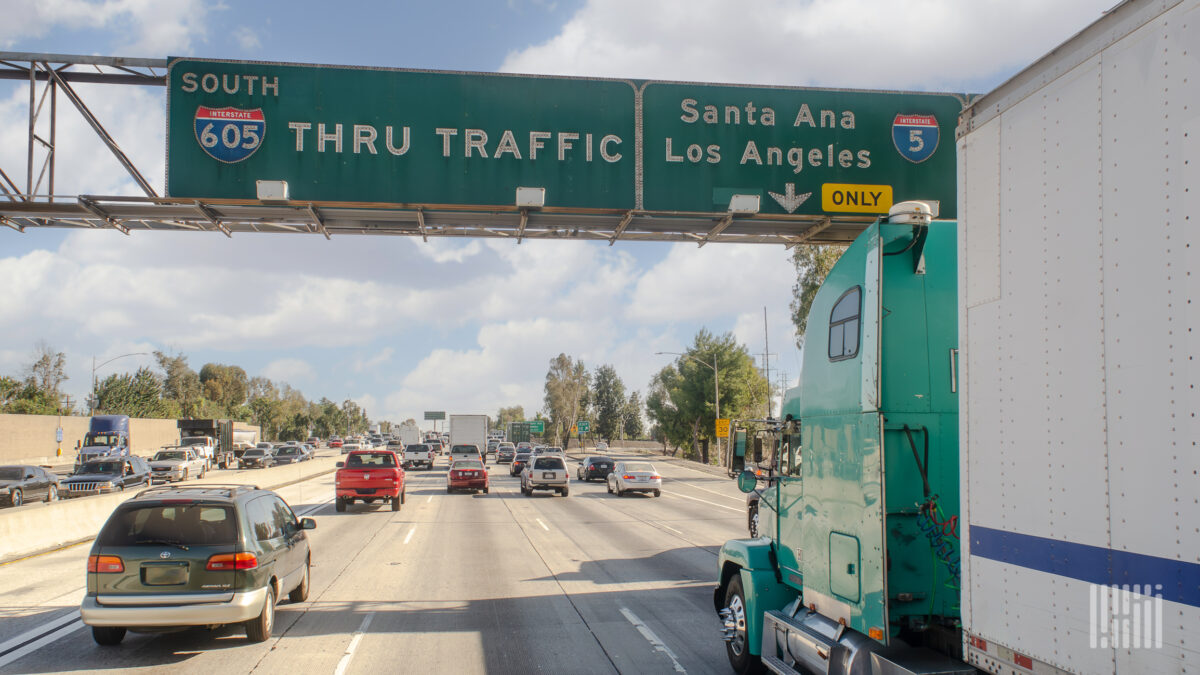
What is likely to be the final industry battle challenging California’s AB5 regulation that defines independent contractor status now awaits a ruling from the 9th U.S. Circuit Court of Appeals, which already once upheld the law’s jurisdiction over trucking.
Oral arguments were heard earlier this month before a three-judge panel. The roughly 40 minutes of questions and answers in the case by the Owner-Operator Independent Drivers Association touched on arguments that had not been heavily discussed previously, in part because the industry was pursuing other lines of attack against applying AB5 to trucking that ultimately fell flat in multiple court decisions following earlier success.
For OOIDA, which is carrying on the lawsuit that was originally filed by the California Trucking Association in 2019, the issue is clear: AB5 “categorically prohibits leased owner operators from operating in California,” OOIDA outside counsel Paul D. Cullen Jr. said in his opening remarks. (CTA last August decided not to pursue the appeal to the 9th Circuit.)
AB5 went into effect in 2019, defining when a worker can be legally considered an independent contractor and not an employee. At its heart is the ABC test, a three-pronged guidance that the law says should be used in that determination.
For the trucking industry, the ABC test has been seen as problematic or an outright ban on drivers who are on a long-term lease to a trucking company because of the B prong, which says a worker can be considered independent if he or she “performs work that is outside the usual course of the hiring entity’s business.”
OOIDA’s focus has been on drivers on long-term lease to a carrier rather than on drivers who take spot loads, because the former could be seen as performing work that is decidedly not “outside the usual course of the hiring entity’s business.”
OOIDA is appealing a March 2024 decision that rejected several arguments, including the CTA’s view from early in the litigation that putting trucking under AB5 conflicts with the Federal Aviation Administration Authorization Act. That so-called F4A restricts a state’s ability to regulate transportation in a way that would impact a “price, route or service.” CTA had argued AB5 would violate that prohibition.
The lower federal court rejection has left OOIDA with a smaller list of arguments against AB5. Its core push is its broad complaint that AB5 conflicts with the Dormant Commerce Clause of the Constitution. The clause upholds the idea of federal preemption of state laws even if there is no explicit law or regulation governing a particular action.
B2B exception in focus
The oral arguments earlier this month focused on several points, including the business-to-business exception in AB5.
The B2B exception is a 13-point pathway on which, if all boxes are “checked,” the question of status can turn to whether the worker is independent enough to pass the Borello test. Borello is a widely used standard for determining independent contractor status that is considered more lenient than AB5 and its ABC test but is still a tough bar to hurdle.
Cullen, asked from the bench whether the B2B exception could be a way for a driver to remain as a leased owner-operator, said OOIDA does not believe it can.
The issue, he said, is that lease operators are also under the jurisdiction of the federal Truth in Lending Act. Cullen said the act would require the carrier to have exclusive control over the vehicle, which he said is not possible under standard practices in the trucking industry. But that complete control of the carrier under the Lending Act is in direct conflict with the Borello definition of control.
“It’s irreconcilable,” he said. Cullen added, however, that intrastate truck owners under lease are not subject to rules governing interstate commerce, setting up a situation where intrastate drivers don’t face the conflict between the Lending Act and AB5 but interstate owner-operators do.
A question from the bench on the B2B exception indirectly raised an aspect of AB5 in trucking that has been noted by several people: There have not been any known enforcement, regulatory or civil legal actions regarding trucking in AB5 since an earlier injunction against enforcing the law in trucking was lifted in 2022.
Samuel Harbourt, the attorney representing California Attorney General Rob Bonta in defending AB5, responded to the judge’s question that he did not think any company had been found to be operating under all the provisions in the B2B exception. But what he did not say is that there is no known litigation in which a trucking company, sued for violating AB5, ever tried to use the B2B exception as its defense.
The B2B exception appears to be the basis for one of the state’s main arguments, offered by Harbourt: Any claim that a person cannot exist as an owner-operator in the state is false. “The exemption was intended to be a demanding standard for a reason,” Harbourt said, “which is the California legislature reasonably decided to make the ABC test the central worker classification standard under California law.”
Two-check system sounds like it’s OK
Another route around AB5 – the two-check system, which was touted by TransForce soon after the AB5 injunction was lifted in 2022 – received a mild vote of confidence by Robin Tholin. She was representing the Teamsters, added as a defendant with the state earlier in the case.
Tholin also cited earlier testimony in the case that AB5 had not been that disruptive to trucking in California. “There were no changes in indicators like load-to-truck ratios that would be expected from a lack of available drivers,” she said.
(The chart below is the five-year SONAR series of the Los Angeles Outbound Tender Rejection Index, a measure of truck capacity.)

The two-check system involves a truck owner being hired as an employee and paid a regular wage that generates a W-2 form for tax purposes, satisfying the goals of AB5, while leasing the truck to the company and being paid for maintenance and other costs. Whether the two-check system would comply with AB5 has been a subject of debate; Tholin’s comments, from the side of the legal case defending AB5, suggested the state considers it acceptable.
Tholin also said that “if drivers want to be truly independent, they can obtain their own operating authority under the Federal Motor Carrier Safety Administration.” That always has been a suggested route to get around AB5, but it comes with drivers being required to finance many things they now get from the carrier by being leased, such as insurance and the protection of the carrier’s motor carrier authority.
More articles by John Kingston
Another federal circuit weighs broker liability, boosting odds of Supreme Court review
Freight fraud everywhere, but Truckstop CEO asks: Is anybody going to jail?
A market on the precipice: 5 takeaways from the April State of Freight
The post OOIDA makes now-solo case in court that California’s AB5 should exempt trucking appeared first on FreightWaves.



























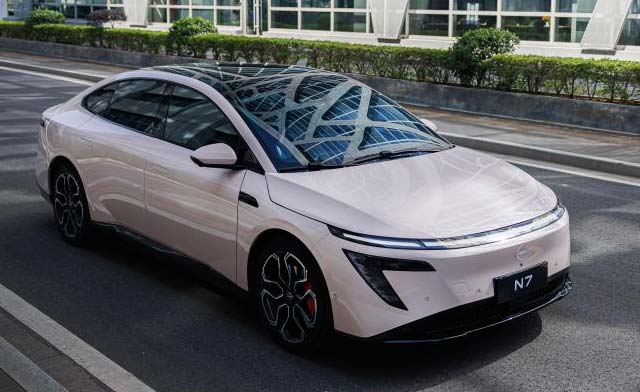



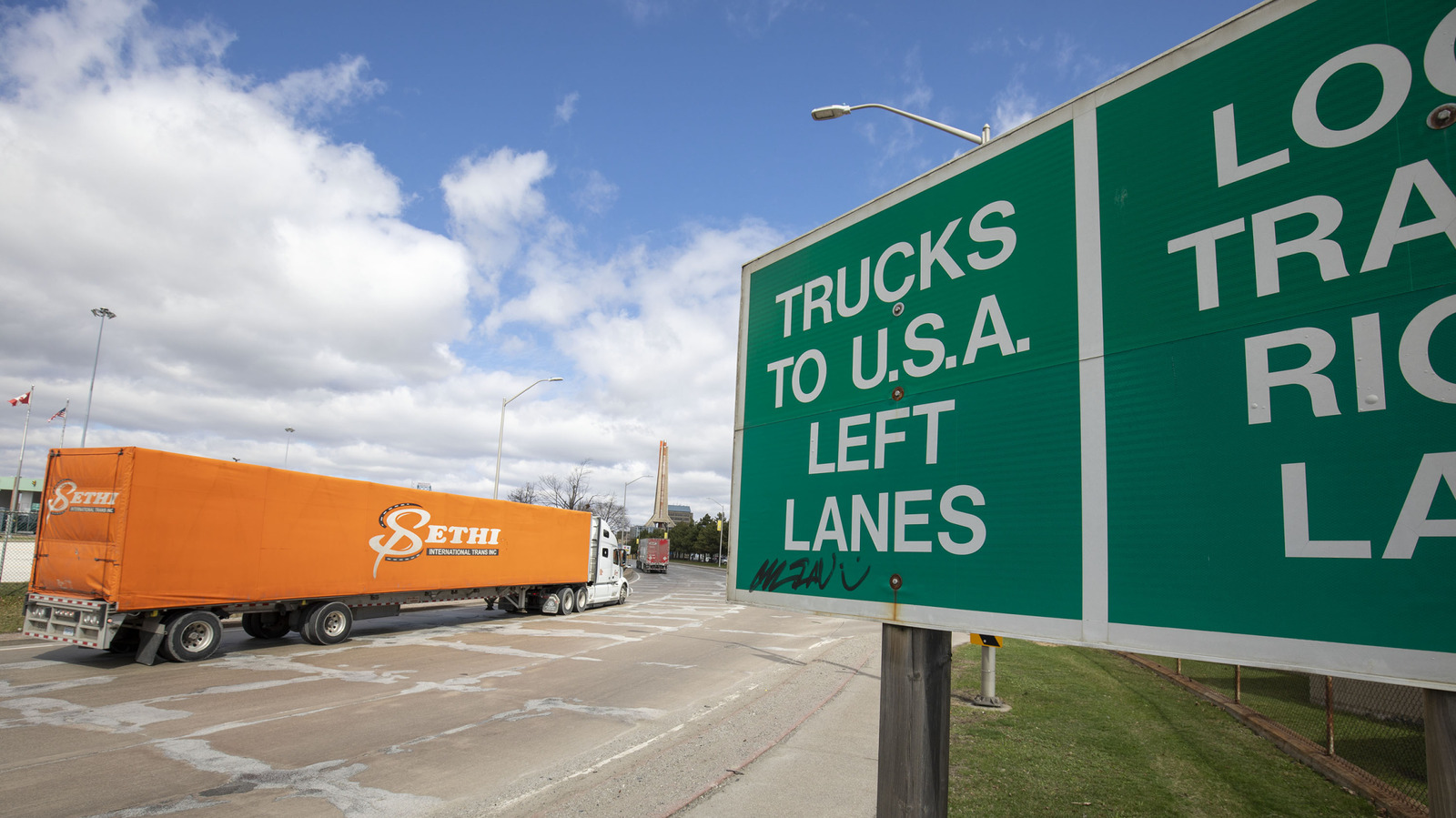





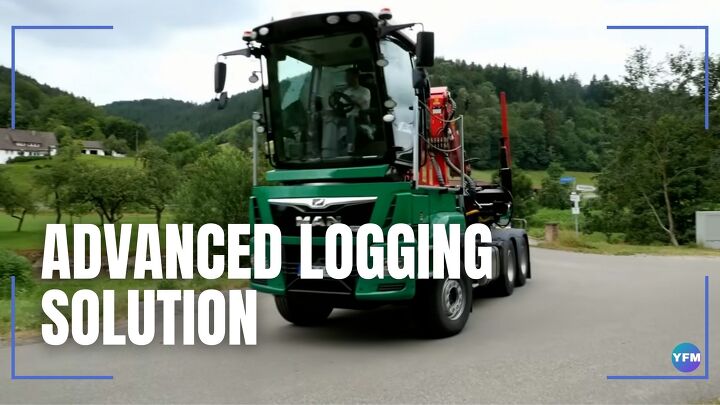































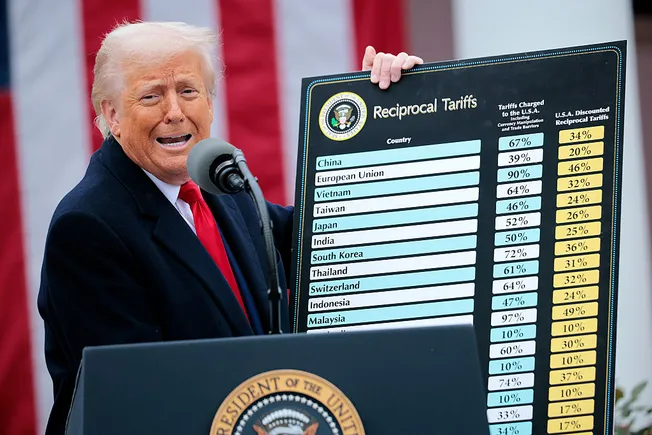





















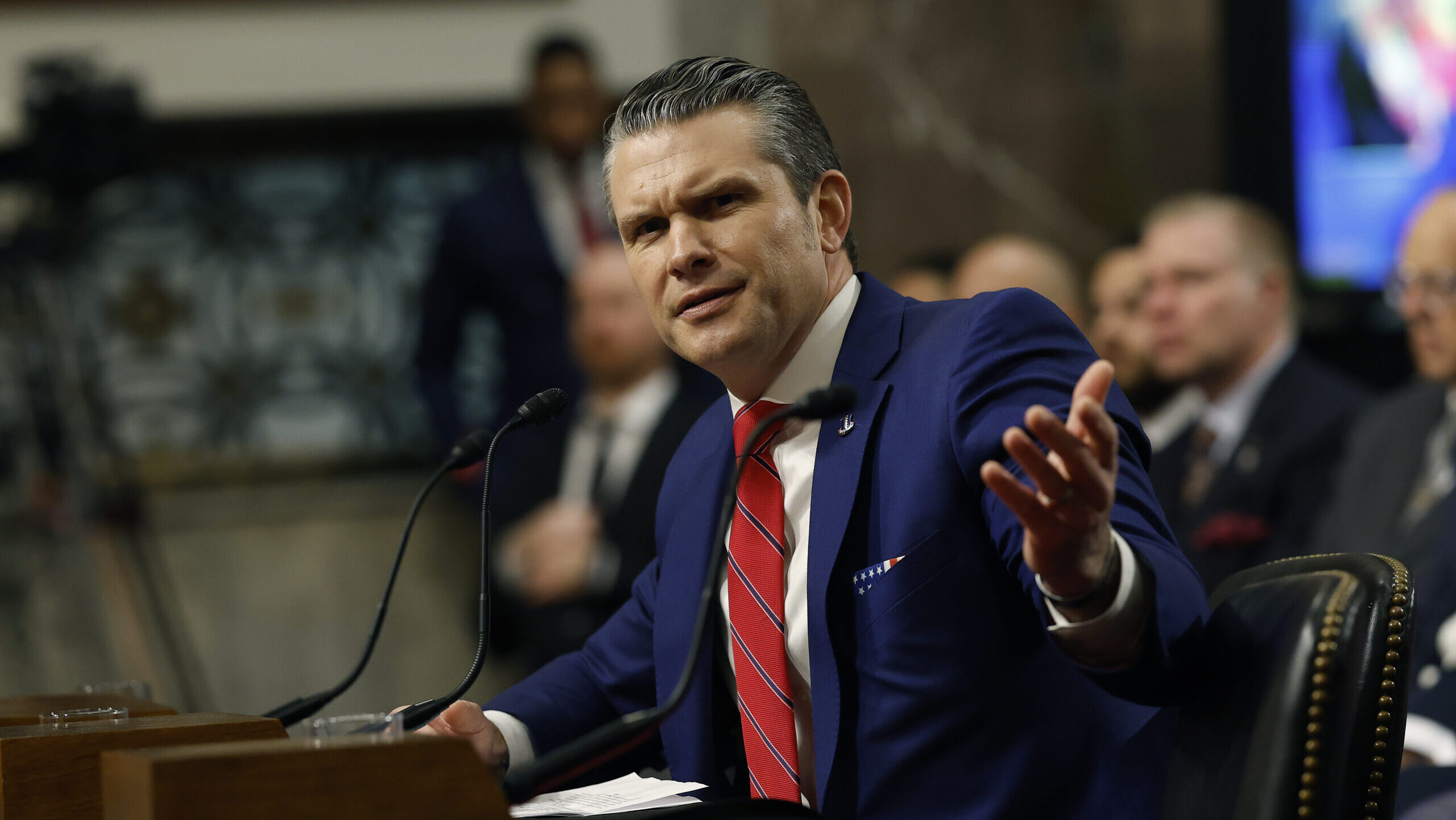
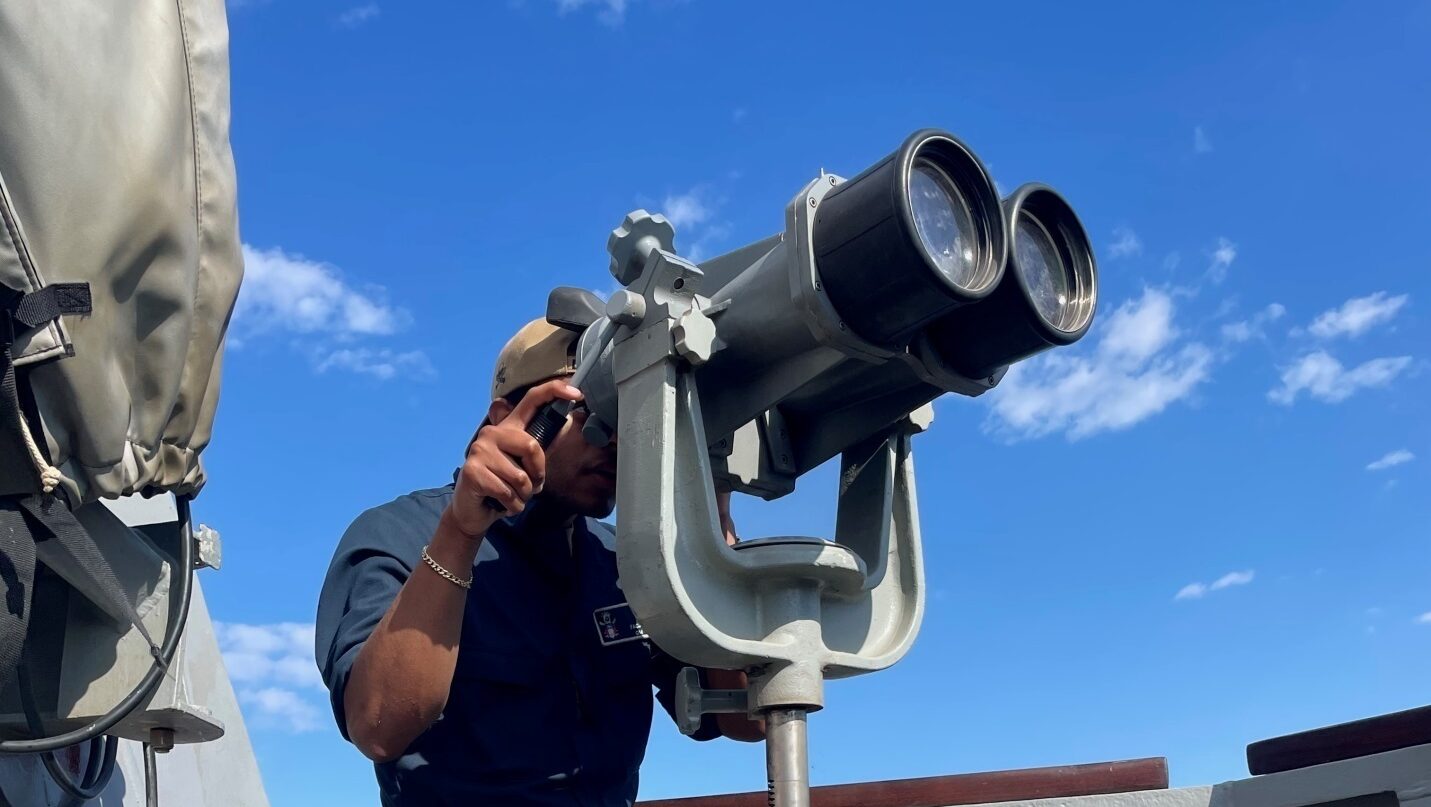










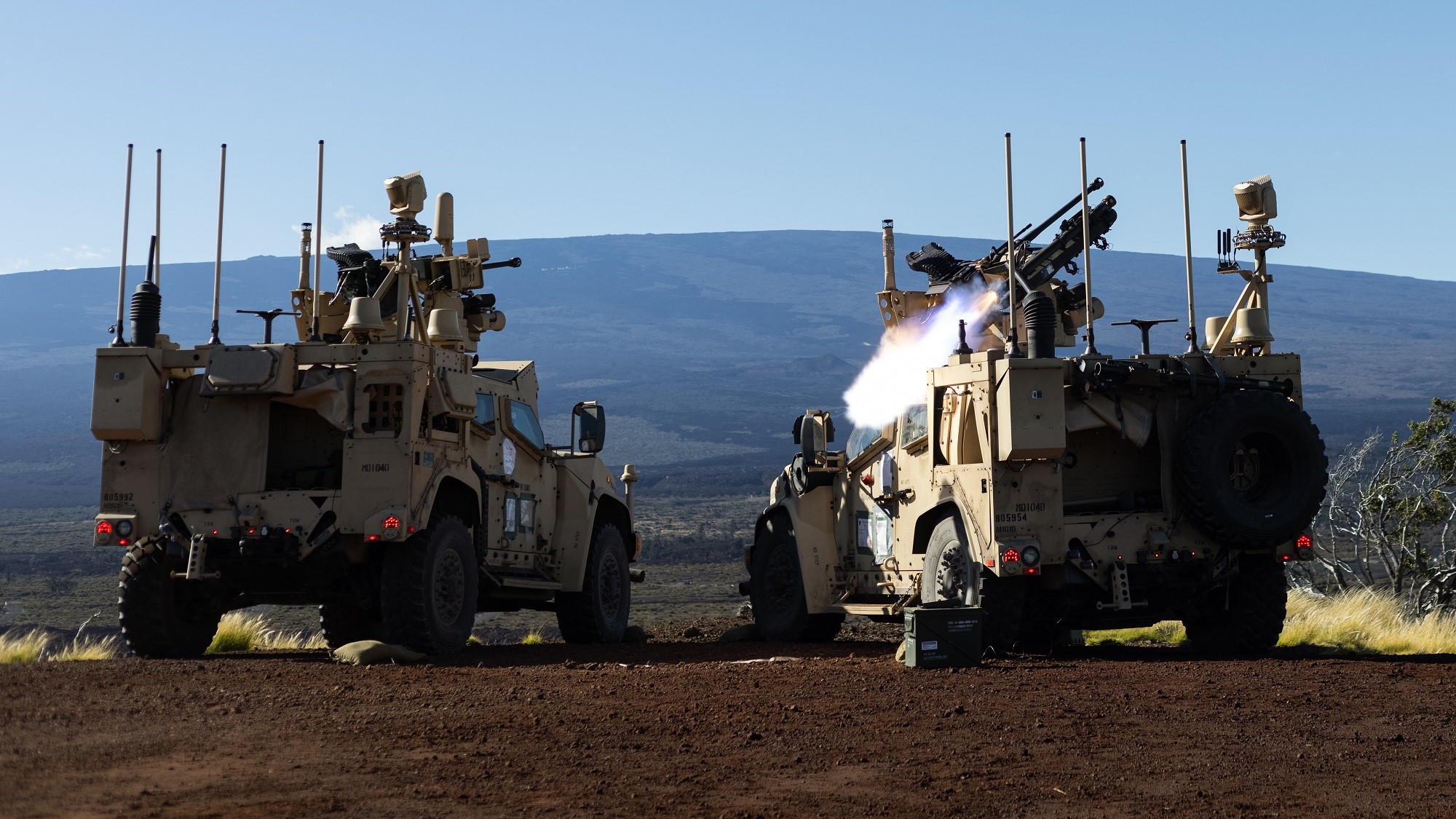

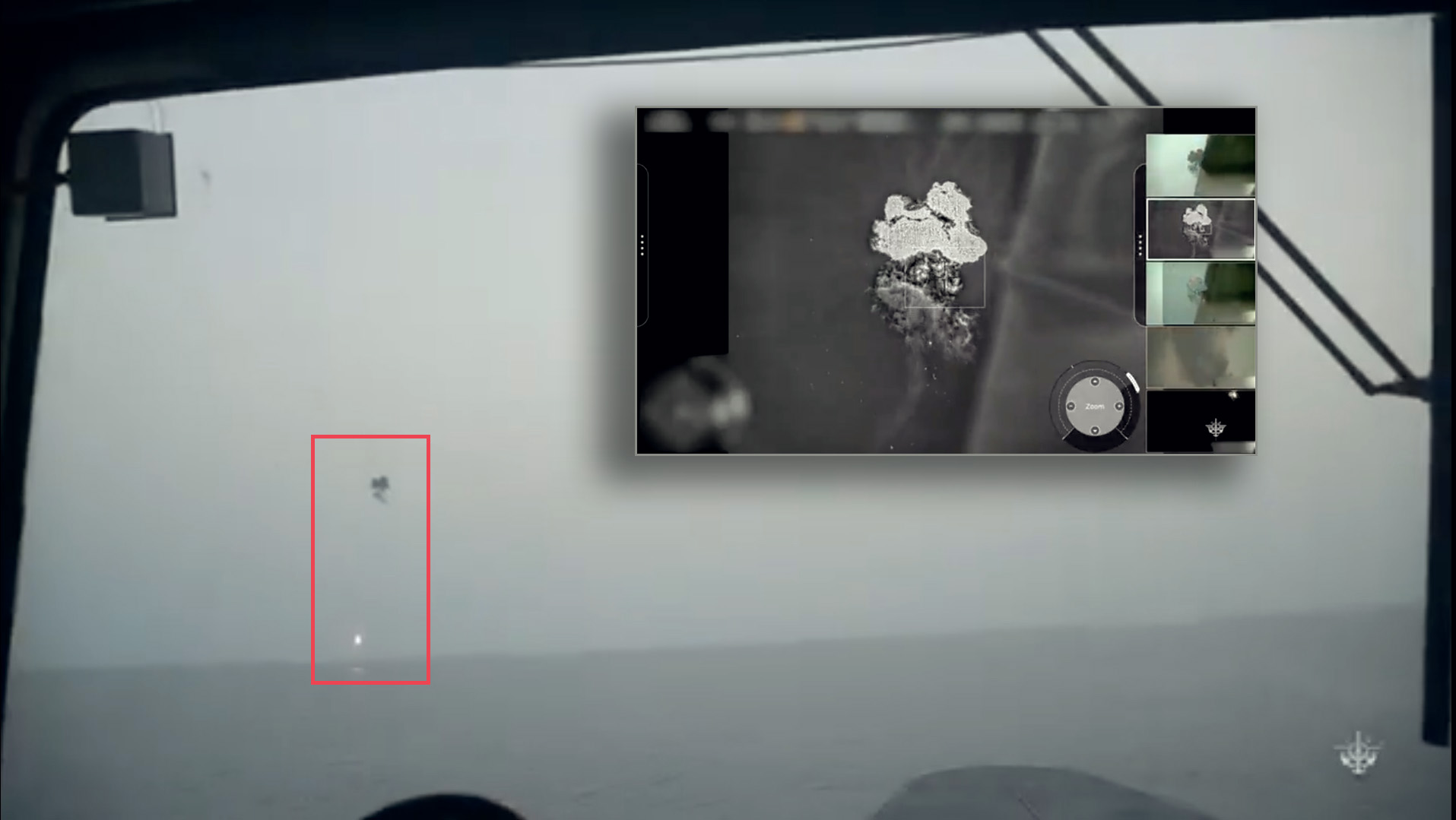




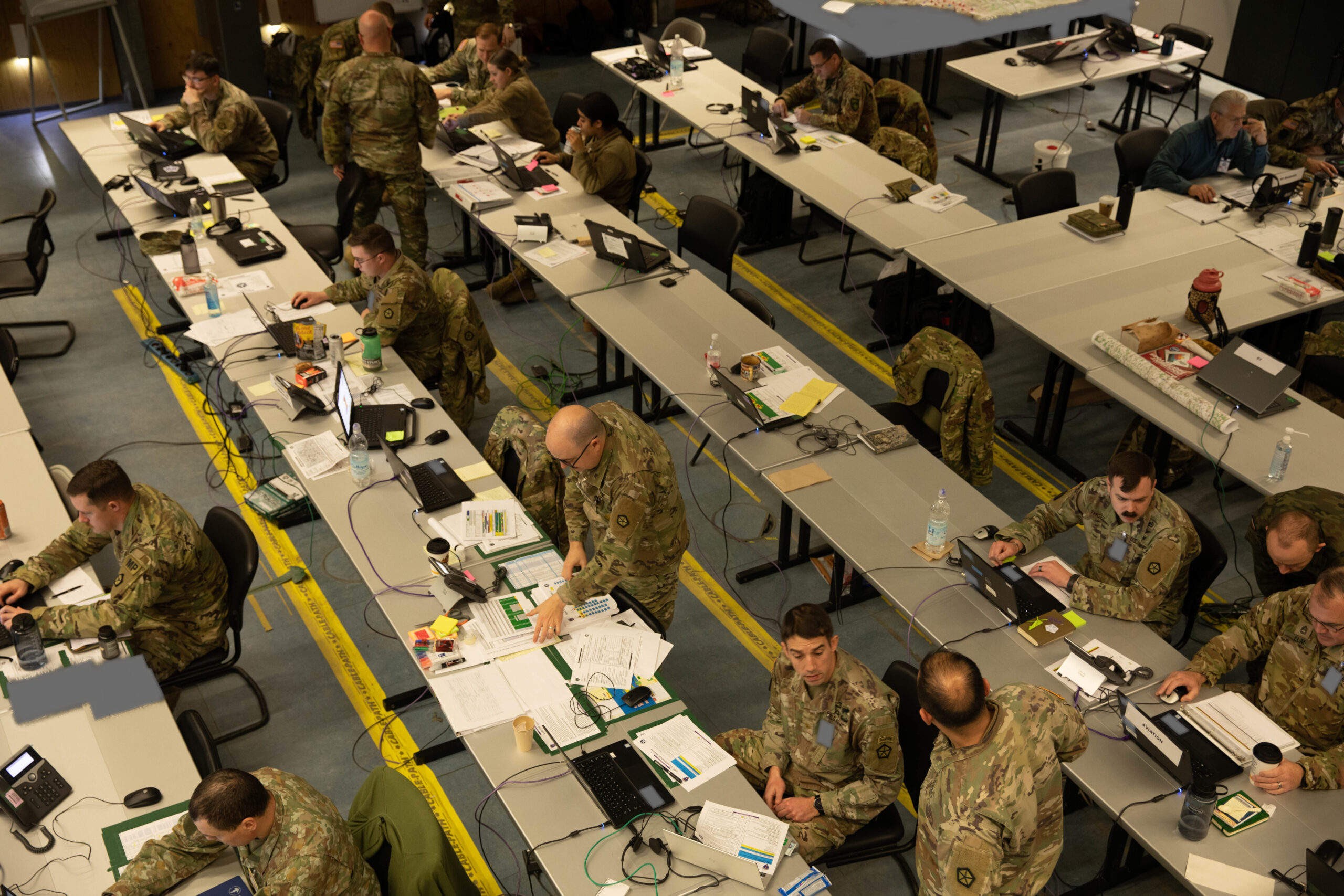


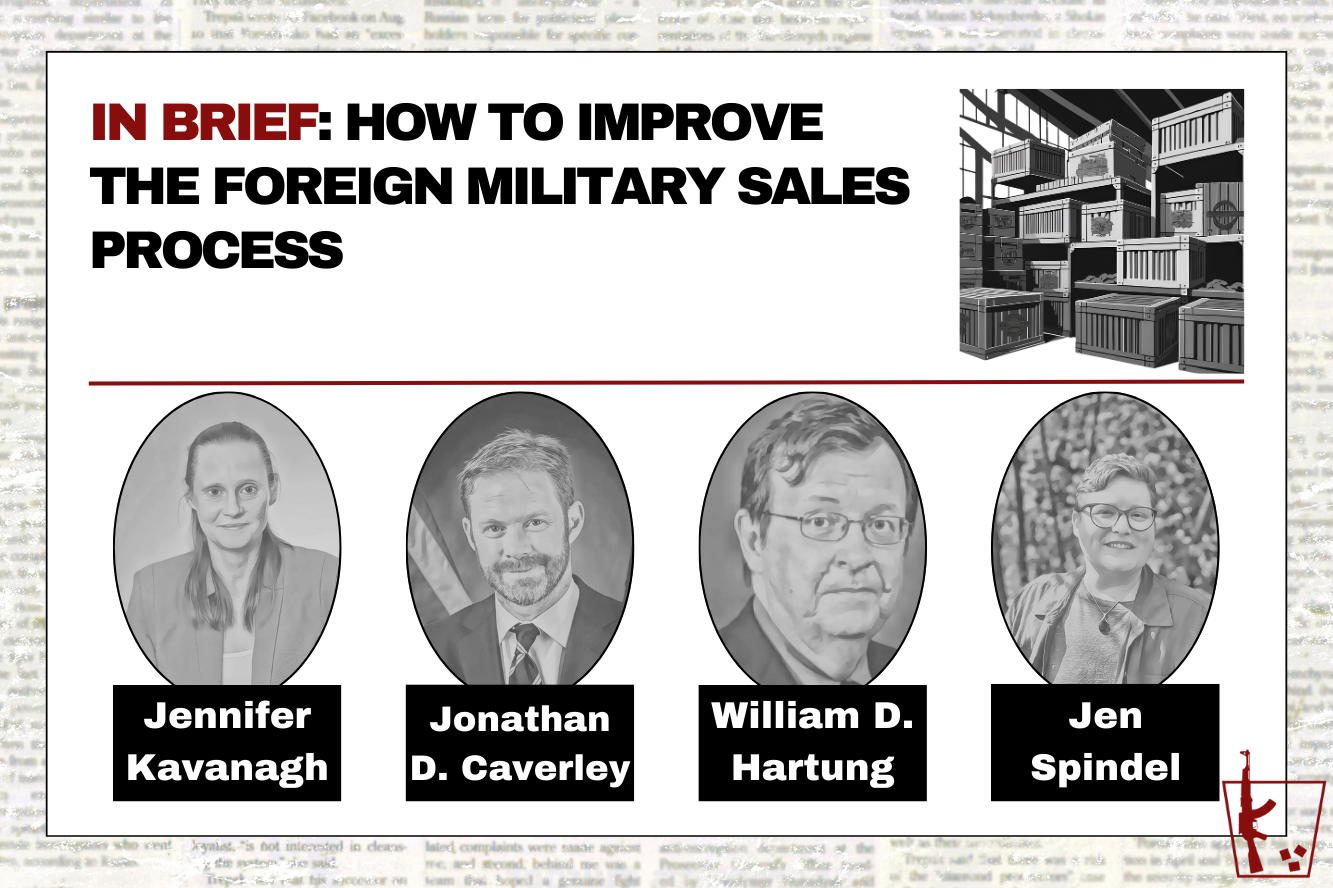




















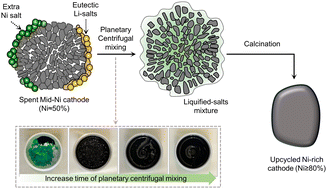

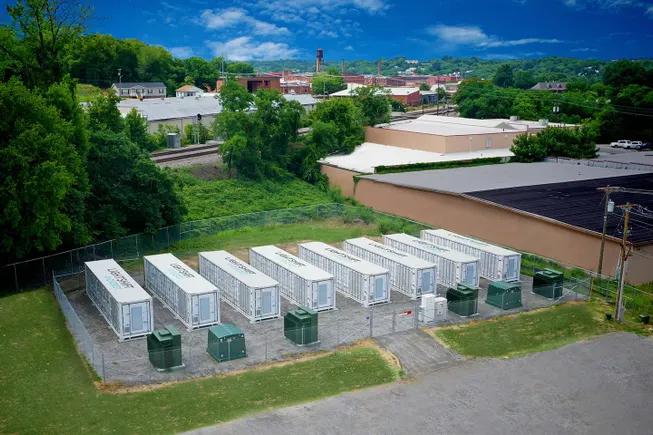

























.jpg)









